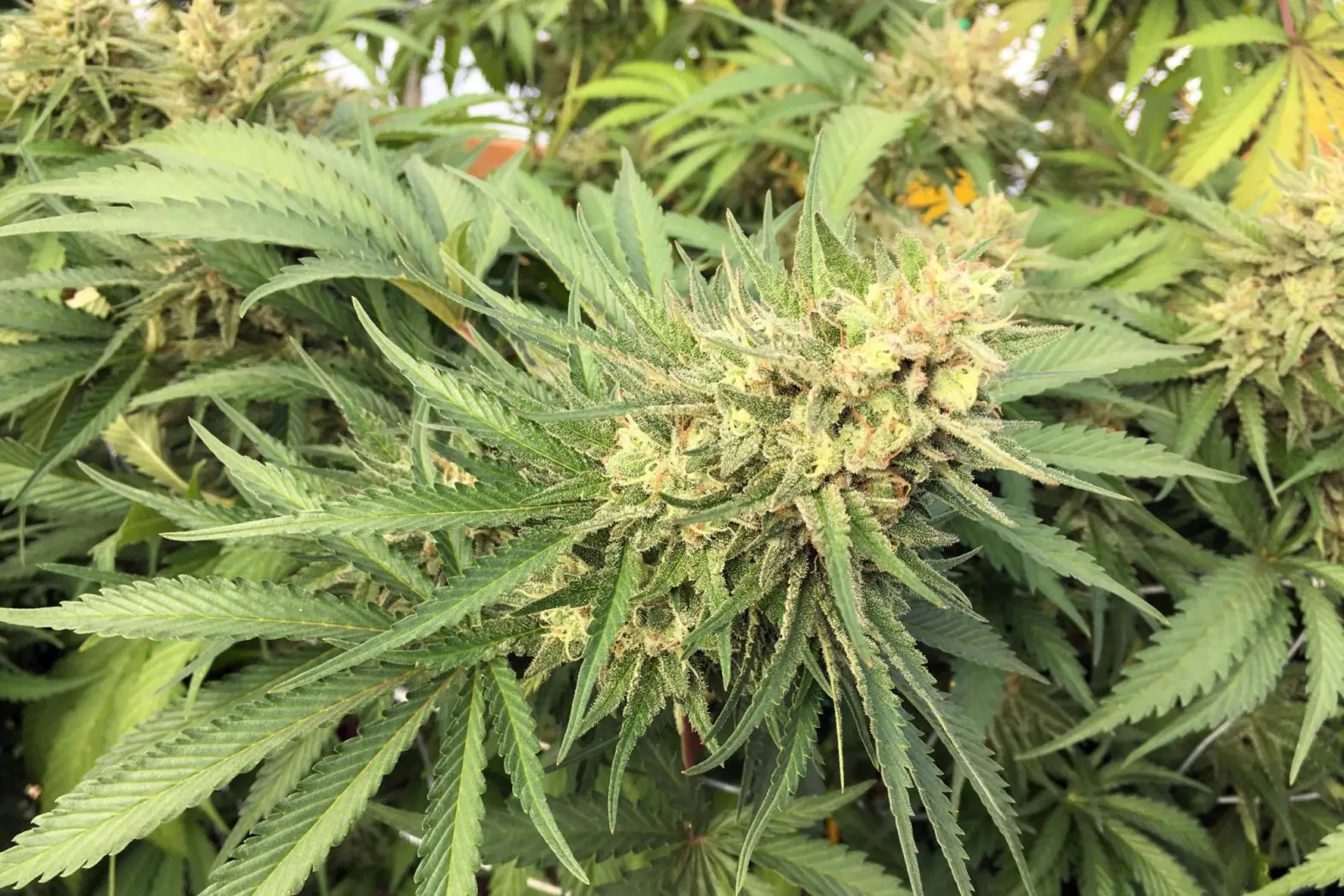
Some businesses have trimmed their hours, changed the way they serve customers, or hiked wages and sweetened benefits to entice applicants as the pandemic-influenced job market reshapes itself.
Pot businesses are among those keeping a “now hiring” sign in the window, but for different reasons than the restaurants, hotels and retailers scrambling to get back to pre-pandemic staffing levels.
The challenges that cannabis companies face in hiring differ, too — too many applications in some cases, striving to meet diversity and local job commitments and overcoming the stigma of what for decades was an illegal industry.
Five years after voters legalized marijuana here, the Bay State’s cannabis industry has been steadily growing as cultivators, manufacturers, retailers, testing labs, delivery services and others get established and begin to stretch out in the newly legal space.
“We are seeing people able to move up and move into new positions quickly. We see people actually leaving one job for a better job … Stores are actually fighting for some of the same people,” said Sieh Samura, co-owner and CEO of the now-hiring Yamba Market in Central Square.
Even with a pandemic that forced a two-month freeze on non-medical sales, the marijuana workforce here has maintained its sharp trajectory.
The Massachusetts non-medical cannabis workforce has grown from 5,846 licensed and active “agents” as of the Cannabis Control Commission’s mid-September 2019 meeting to 9,607 active agents at the time of its mid-September 2020 meeting, about 64% growth. As of its mid-September 2021 meeting, the workforce had grown another 65% to 15,869 active agents.
Massachusetts is not alone. As legalization efforts have spread across the country, so too have job opportunities. Last month, the Washington Post reported that the American legal cannabis sector more than doubled its 2019 growth with nearly 80,000 jobs added in 2020.
The estimated 321,000 people working in the marijuana industry around the country now outnumber dentists, paramedics and electrical engineers, the Post said.
Here and elsewhere, some of the newest cannabis industry employees were working jobs in food service or other high-stress posts before or during the pandemic. For many who make the jump, the culture of the cannabis industry can seem like “a little bit of a retreat from the nastiness out there,” Samura said.
“I get this a tremendous amount of the time,” he added. “People have been toiling sometimes for less than they feel like they were worth, in positions and industries that might have changed and got a little nasty during the pandemic.”

